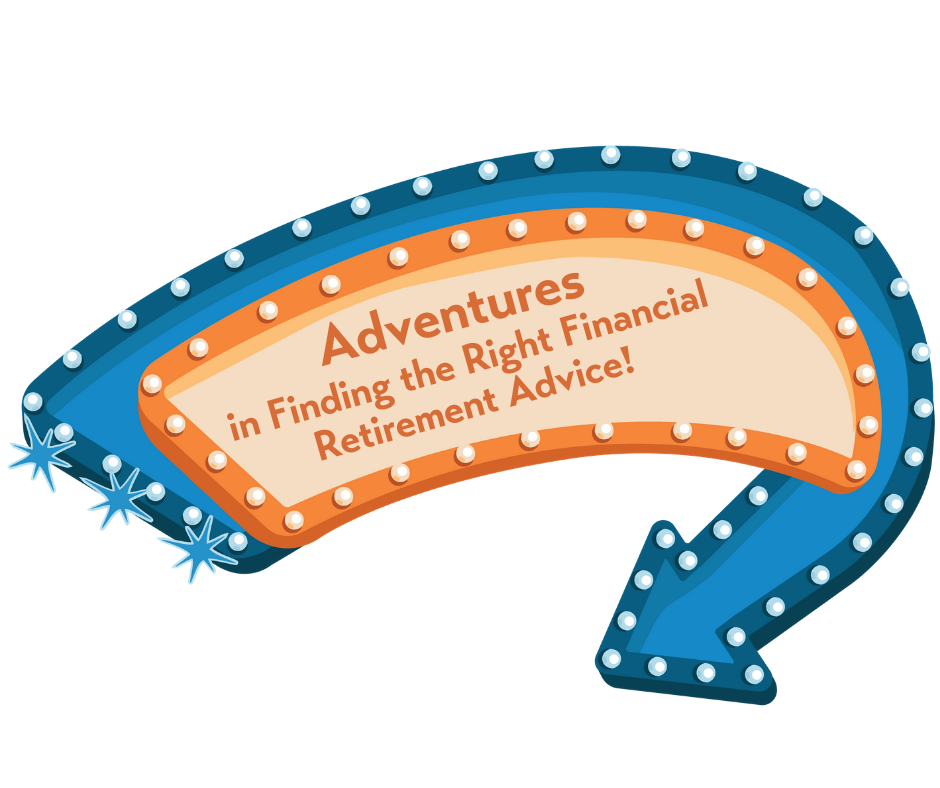 Finding the right financial advisor at this stage of your life that can answer those questions for you is critical. Can you afford that dream trip or helping your grandson through college? How do you maximize what you have now for your long-term plans? We asked Ian Castille, CFP®, to give us some tips on how to choose the right financial advisor. Ian specializes in helping his clients navigate the financial transition to retirement.
Finding the right financial advisor at this stage of your life that can answer those questions for you is critical. Can you afford that dream trip or helping your grandson through college? How do you maximize what you have now for your long-term plans? We asked Ian Castille, CFP®, to give us some tips on how to choose the right financial advisor. Ian specializes in helping his clients navigate the financial transition to retirement.
Here’s what Ian had to say:
“Here are a few comments/considerations I would provide to someone looking for a financial advisor:
You are the priority: Make sure you find someone who is obligated to put your interests first. (Not the brokerage company they work for, not their potential sale commission, etc.) The financial services industry refers to this obligation as a "Fiduciary Standard of Care"
Understanding your financial situation: As uncomfortable as it may be at first, you want someone who is going to "get in your business". Within the first 30 minutes of an introductory meeting with a financial advisor, they should be asking questions that lead you to reveal more about your personal finances than your best friend or family members know about you. Good advice comes from a deep understanding of personal circumstances and applying expertise within that context.
Personality matters: A good financial advisor will be part of your "inner circle" and you should enjoy working with them and soliciting their input. If you dislike someone or they rub you the wrong way, you are less likely to implement their recommendations.
Specializations and niche focus: If you happen to find an advisor that specializes in serving your particular career/industry or life circumstance, chances are they have a deeper understanding of your situation and challenges.
Certifications, education, and experience: This can be important, but it's last on the list for a reason. Credentials help establish a certain level of competence and commitment but more credentials doesn't always translate to better advice.”
About the author: Ian Castille, CFP®, is a Principal and Senior Financial Advisor at Capital Advantage, Inc. Ian specializes in helping his clients navigate the financial transition to retirement. His work usually includes personalized strategies to reduce taxes, make smarter investment decisions, and optimize income streams. Capital Advantage, Inc. is a Fee-Only Registered Investment Advisory firm, founded in 1982.